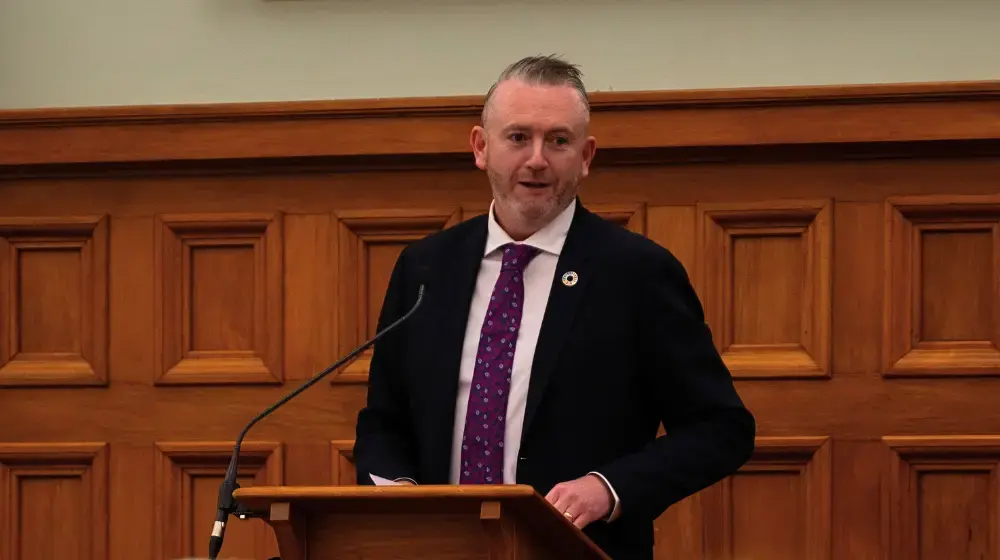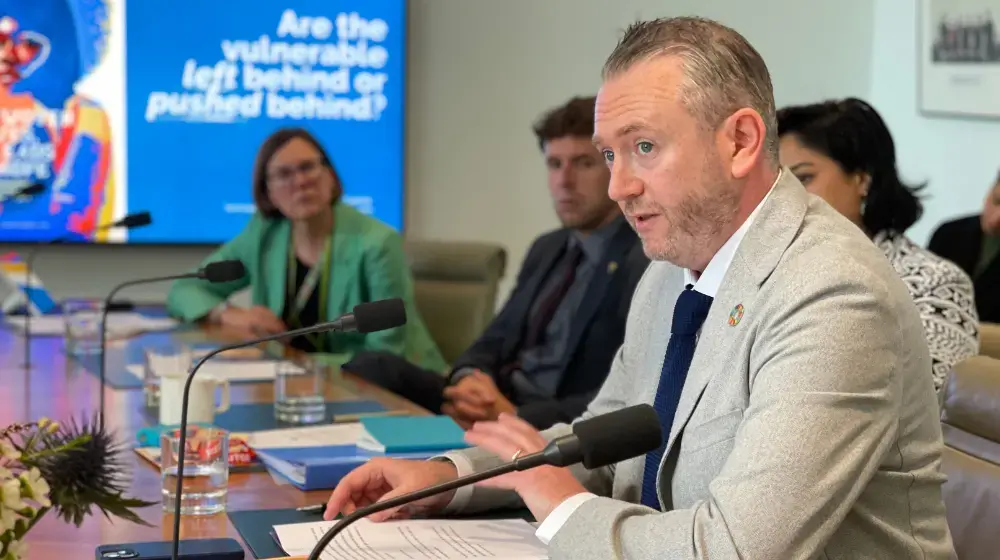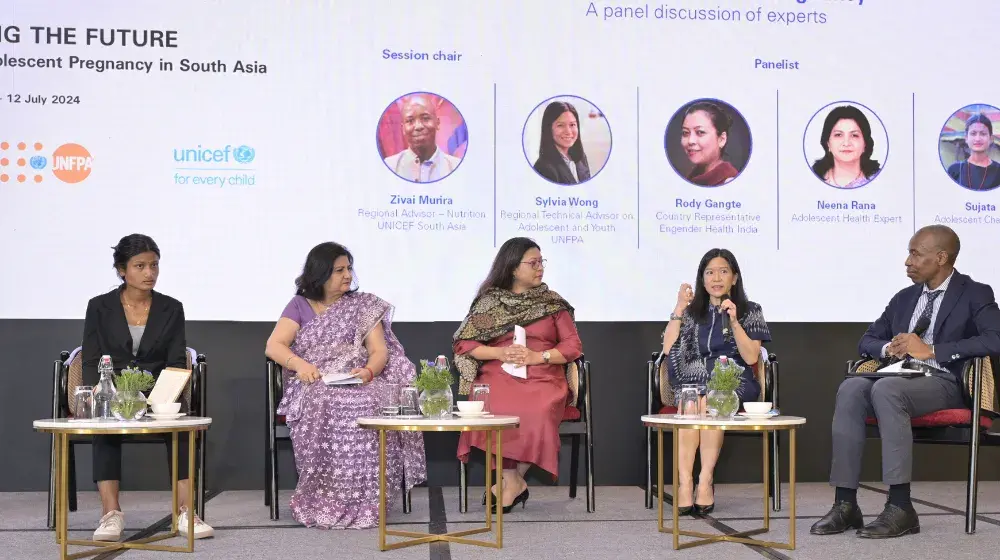THAKURGAON, Bangladesh— Rekha (not real name), is 14 years old and lives in the Rangpur Division northern part of Bangladesh. She got married when she was 13, years old, in her words “just after my first menstruation”.
She is one of many adolescent mothers in Bangladesh, where child marriage is prevalent, even though the legal age for marriage is 18 for females and 21 for males. About 29 per cent of women now aged 20-24 were married by age 15, and 65 per cent by 18, according to the 2011 Bangladesh Demographic and Health Survey.
Rekha is from a poor family and lost her father at a very early age. Due to poverty she was unable to continue her schooling after grade two. She used to take care of the cattle and perform other household chores.
It was the neighbours who pressured her mother to arrange a marriage for her. They said to her, “Your daughter is growing and you are a widow. How can you take care of her? You are aware that an adolescent girl is not secure in our society! It is better for your daughter to get married before something happens that you will regret later.”
Rekha’s mother arranged a marriage for her. After the wedding, her in-laws insisted the couple have a baby as soon as possible. Reflecting local social norms, her mother-in-law was concerned that if Rekha did not get pregnant soon that she might be considered infertile.
“So, I became pregnant, unknowingly and unwillingly,” Rekha, says. She
frequently feels sick. “My pregnancy has become a burden for me,” she laments.
Rekha misses going to school and also her friends.
“When I see my school friends still going to school, I become very upset and feel that I should also be with them and continue my studies. It is because I am from a poor family and because my father died that I had to marry so early.”
“I’d like to take some special food now, but my mother-in-law told me to get it from my mother’s house, and still they push me to bring more money from my family.” She cries as she says this, adding, “Such behaviour hurt me.”
Rekha’s husband is 18. He is a farmer but also works as a part time labourer. “He is very caring and responsible,” she says.
It was Rekha’s husband who first learned about the importance of antenatal care during pregnancy and delivery by a skilled birth attendant. Despite some resistance from his mother, he took Rekha to the Maternal and Child Welfare Centre in Thakurgaon, 15 kilometres from their home. The centre is one of the health facilities supported by the Maternal and Newborn Health Initiative, which is funded by Canada through UNFPA, the United Nations Population Fund.
Rekha and her husband are very pleased with the antenatal services. They have decided to follow the advice of the service providers, who counselled the couple about the importance of delivering in a facility where skilled birth attendants are available. Rekha says she will deliver her baby at the centre.
–Asma Akter




